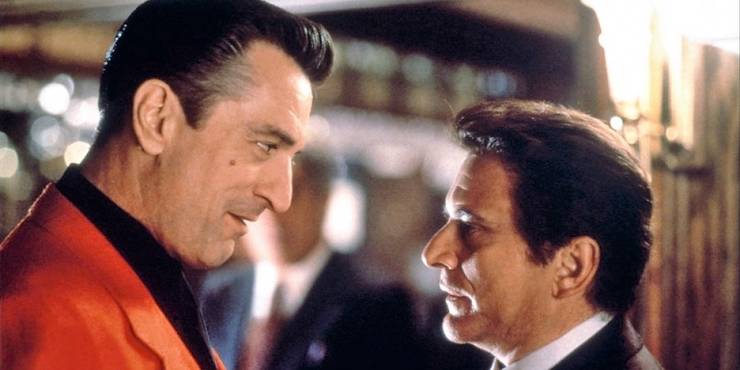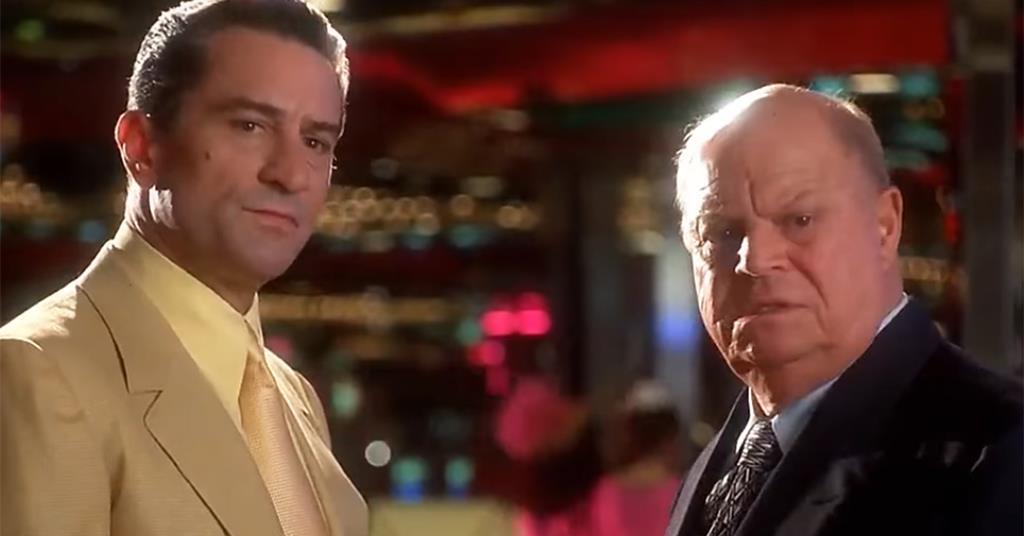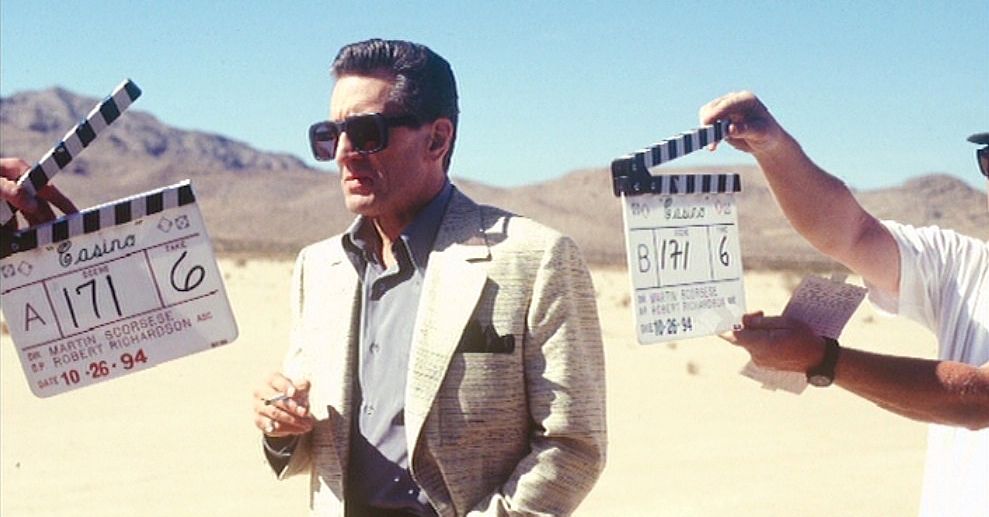Martin Scorsese Casino Interview
The movie is based on the investigative non-fiction work Casino: Love and Honor in Las Vegas. Its author, Nicholas Pileggi, co-wrote the screenplay for the Casino movie with the director. The movie holds your attention from beginning to the end. At almost three hours, Casino is one of the longest movies from Martin Scorsese. I met Martin Scorsese for the first time in 1969, when he was an editor on 'Woodstock.' He was one of the most intense people I'd ever known - a compact, nervous kid out of New York's Little Italy who'd made one feature film and had dreams of becoming a big-time director one day. Earlier this year, Empire was granted a career-spanning interview with Martin Scorsese – an expansive conversation covering his days growing up in 1940s New York, the years where he struggled to.
He finally took one of them - a Roger Corman exploitation picture called 'Boxcar Bertha' - because he needed to direct again. 'Corman thinks it's an exploitation picture,' Scorsese told me, 'but I think it'll be something else.' He was right; his talent made the film, which starred Barbara Hershey and David Carradine, better than it had to be.
The movie got him more work. In 1973, on a small budget but with total artistic freedom, he made 'Mean Streets,' a sequel to 'Who's that Knocking.' It was a ferocious, painful, deeply felt masterpiece. In 1974 he made his big critical and box office success, 'Alice Doesn't Live Here Anymore,' for Which Ellen Burstyn won an Oscar. Scorsese was established, was 'bankable.'
Martin Scorsese Best Movies

His new film, which opens here Friday at the McClurg Court, Lincoln Village and five suburban theaters, is 'Taxi Driver' with Robert DeNiro - a violent and frightening return to the New York of Mean Streets. It looks like another hit.
Scorsese and I met for lunch during his visit last week to Chicago and were joined by Paul Schrader, who wrote the screenplay for 'Taxi Driver.' They were a study in opposites: Schrader, a Midwestern Protestant in pullover sweater and tie, and Scorsese, a New York Italian-American, in jeans and a beard. But they'd been working together on this screenplay since 1972.

Martin Scorsese Casino Interview Question And Answer
Scorsese: Because there's a lot of violence to this picture, some of the New York reviews are calling it an exploitation film. Jesus! I went flat broke making this film. My films haven't made a lot of money. Right now, I'm living off my next film.
Schrader: If it's an exploitation film, I wish we had a dollar for every time we were told it would never be a success at all. This screenplay was turned down by everybody.
Scorsese: We showed it to some New York media educators, and I thought we'd get lynched. And we showed it to some student editors...there was one wise guy there I recognized from a screening we had of 'Alice.' He asks whether, after all my success, I'm about ready to fall on my ass. I've hardly gotten started!



LAS VEGAS (KTNV) — Sunday marked the 25th anniversary of the release of Martin Scorsese's mob classic film 'Casino,' set in early-70s Las Vegas.
Did you know our very own Dave Courvoisier had an appearance in the 1995 film? It's true! Watch in the player above.
The story was based on true events and starred big names like Joe Pesci, Sharon Stone, James Woods, and Robert De Niro.
Last week, a special event was held at the Mob Museum in honor of the film's anniversary.
Former Las Vegas Mayor and mob attorney Oscar Goodman spoke at the event. Goodman lived the real story and played himself in the film.
Museum Vice President Geoff Schumacher hosted the discussion. He says screenwriter Nicholas Pileggi called the film 'a love letter to Las Vegas'
Martin Scorsese Films List
'This era in Las Vegas was really unprecedented,' he said.
Martin Scorsese Biography
'We will never see it again, and it was a time of sort of glamour and glitz and promise and opportunity,' said Schumacher.
Martin Scorsese Casino Interview Questions And Answers
'And also a lot of heartache and violence, but that's the Las Vegas that people really identify with.'